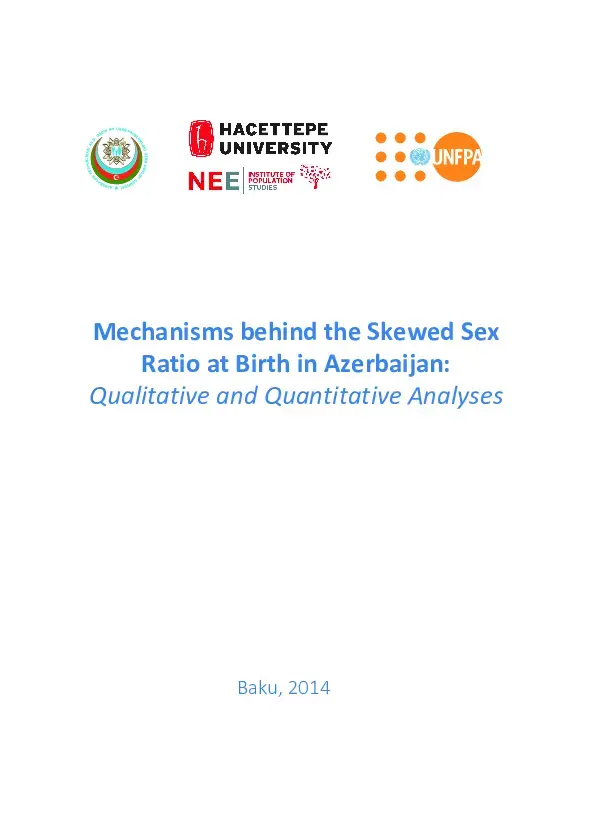Despite the fact that the women’s human rights discourse has been repeatedly articulated by the international human rights community within the last several decades, the women remain among
the most disadvantaged and vulnerable groups in many parts of our male dominated world facing series of challenges regarding protection, promotion and exercise of their civil, political, social,
economic and cultural rights.
The instances of gender-based discrimination are widespread and may take many different forms ranging from harassment at schools and workplaces to the use of physical force and even killing.
However, it is especially appalling when the patriarchal notions of humanity are reinforced within the family settings with serious repercussions for those few victories that the gender equality advocates
have been able to achieve to date.
It is also with regret that nowadays gender based discrimination evolves into more complex forms that are targeting even the women that are yet to be born. The evidence based data reveals that
no matter what is the socio-economic standing of the family unit, the patriarchal practices of patrilocality, patrilineality and other related patriarchal traditions force the parents to ensure the
birth of a son child given the general trend of declining fertility rates and the availability of modern technologies enabling determination of the sex of a fetus.
Sadly, this traditional practice leads to the highly skewed sex ratios at birth favoring male population of any subject country where it is taking place. The findings of the most recent research on the
phenomenon reveal that the consequences could be detrimental including the devastating results for future population dynamics. The experiences of India and China where this problem has been
persistent for years show that the excess male surplus is closely linked to the “marriage squeeze” and the related increased violent behavior in the countries concerned with the doubled crime rates,
as well as accounts of bride abduction, trafficking, rape and prostitution. Given that the Republic of Azerbaijan is among the countries with the skewed SRBs in the population
and taking into account that the problem of the skewed sex ratio at birth lies on the crossroads of the reproductive health and population issues as well as gender equality UNFPA Azerbaijan CO
initiated the qualitative and quantitative assessment of the phenomenon. It is noteworthy, that the State Committee for Family, Women and Children’s Affairs has joined efforts with UNFPA for this
important project to once again pledge its allegiance to “eliminate all forms of discrimination against the girl child and the root causes of son preference, which result in harmful and unethical practices
regarding female infanticide and prenatal sex selection”, as it was first expressed while signing 1994 Programme of Action of the International Conference on Population and Development.
We are truly confident that the findings of this crucial research will enable the policy-makers, academicians and civil society representatives to develop successful interventions for addressing
the phenomenon of sex selection in Azerbaijan.



